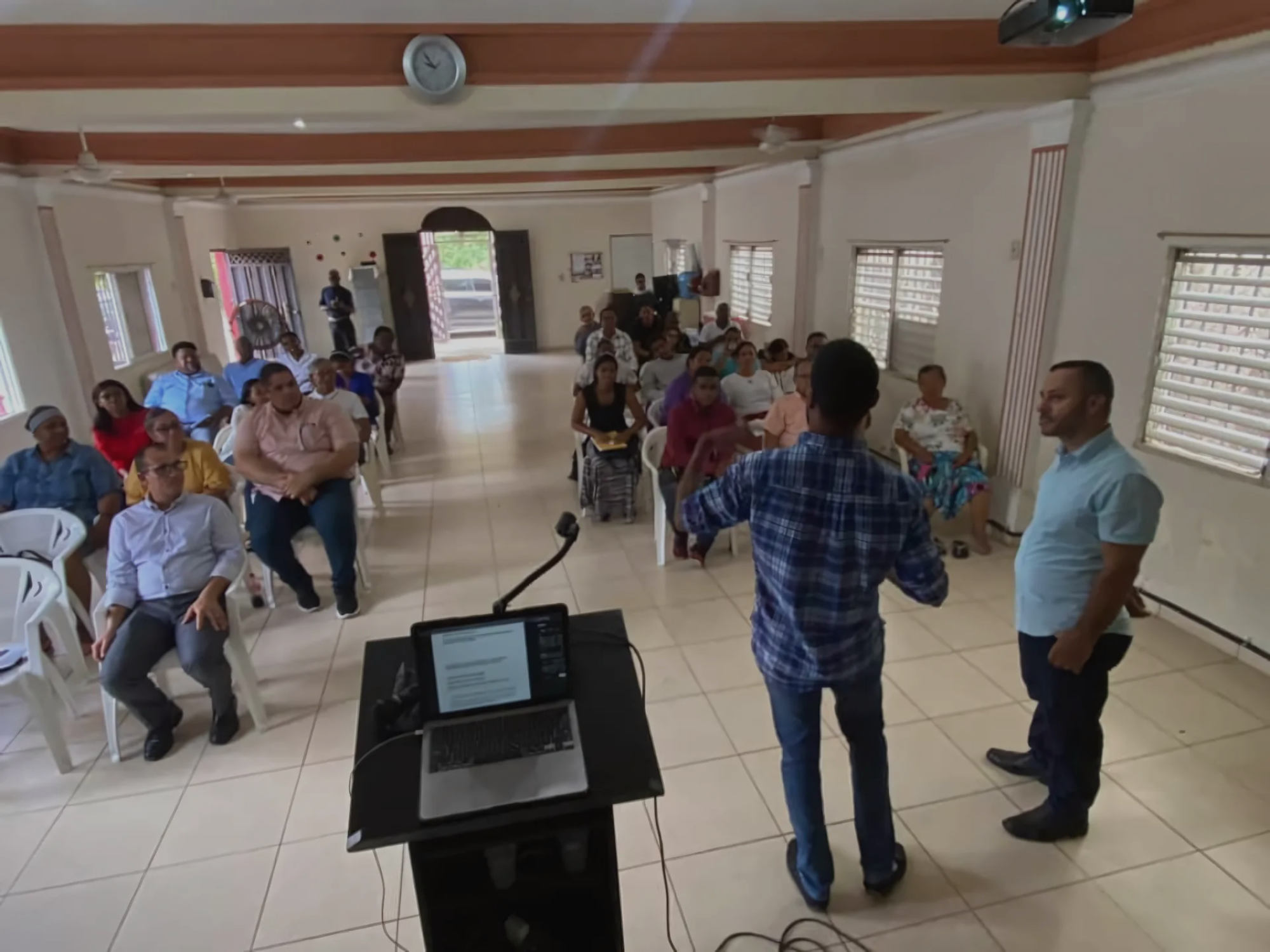THE BIBLICAL MODEL PART 3: THE SUPPORT SYSTEM OF MISSIONS
PAUL’S POWERFUL PARTNERSHIP WITH THE PHILIPPIAN CHURCH
“And you Philippians know that in the early days of the gospel, when I left Macedonia, no church shared with me in the matter of giving and receiving except you alone. For even in Thessalonica you sent gifts for my need several times. Not that I seek the gift, but I seek the profit that is increasing to your account.” – Philippians 4:15-17
Main Theme: The book of Philippians emphasizes the importance of maintaining joy in the Lord even amidst suffering, while advancing the gospel through partnership. It also beautifully illustrates a core principle: God ordains the ends, but He also ordains the means to those ends. He desires the spread of the Gospel, and He chooses to accomplish this through the faithfulness and generosity of His people.
Three key aspects of Paul’s powerful partnership with the Philippian church:
1. God Provides Through Partnership (Philippians 1:3-5)
“I give thanks to my God for every remembrance of you, always praying with joy for all of you in my every prayer, because of your partnership in the gospel from the first day until now.” – Philippians 1:3-5
- Partnership = κοινωνία (koinonia)
- Koinonia: partnership, that is, (literally) participation, or (social) intercourse, or (pecuniary/involving money) benefaction: – (to) communicate (-ation), communion, (contri-), distribution, fellowship.
Paul expresses his heartfelt gratitude for the Philippian church’s partnership (koinonia) in the gospel. This koinonia wasn’t merely financial; it was a deep and multifaceted connection that involved shared participation in the mission, spiritual fellowship, and yes, material support. This holistic partnership beautifully illustrates the interconnectedness of believers as they work together to advance God’s Kingdom. The Philippians’ consistent support, from the very beginning, fueled Paul’s ministry and demonstrated their genuine love and concern for him. Their giving was not merely an act of charity, but a vital means through which God chose to provide for Paul’s needs and sustain his ministry.
Reflect: How does this understanding of partnership challenge our modern views of missions and support? In what ways can we cultivate a deeper sense of koinonia within our own church communities and with missionaries we support?
2. Continued Care and Commitment To the Partnership (Philippians 4:10-11, 4:14-16)
“I rejoiced in the Lord greatly because once again you renewed your care for me. You were, in fact, concerned about me but lacked the opportunity to show it. I don’t say this out of need, for I have learned to be content in whatever circumstances I find myself.” – Philippians 4:10-11
“Still, you did well by partnering with me in my hardship. And you Philippians know that in the early days of the gospel, when I left Macedonia, no church shared with me in the matter of giving and receiving except you alone. For even in Thessalonica you sent gifts for my need several times.” – Philippians 4:14-16
Paul commends the Philippians for their unwavering commitment to the partnership, even when circumstances made it difficult for them to express their support. He acknowledges their concern for his well-being and rejoices in their renewed care. Paul’s contentment in all circumstances—a testament to his deep trust in God—shines through. He makes a crucial distinction: expressing needs is acceptable, but complaining and grumbling about our circumstances dishonors God.
The Philippians stand out as an exception among the churches Paul interacted with. Their consistent financial support, especially during times of hardship, demonstrates their exceptional generosity and understanding of the importance of supporting those on the front lines of ministry. They recognized that their giving was a means ordained by God to sustain Paul’s work and advance the Gospel.
Reflect: How can we cultivate contentment in all circumstances, even when facing financial challenges or unmet needs? How does contentment impact our ability to serve God effectively and joyfully?
3. Promise of Provision Through Partnering (Philippians 4:17-19)
“Not that I seek the gift, but I seek the profit that is increasing to your account. But I have received everything in full, and I have an abundance. I am fully supplied, having received from Epaphroditus what you provided—a fragrant offering, an acceptable sacrifice, pleasing to God. And my God will supply all your needs according to his riches in glory in Christ Jesus.” – Philippians 4:17-19
While deeply grateful for their gifts, Paul emphasizes that his primary concern isn’t his own comfort or material wealth, but the Philippians’ spiritual growth and “profit” in their heavenly account. Their generosity, he explains, is not merely a financial transaction; it’s an act of worship, a fragrant offering pleasing to God. This echoes the language of sacrifice in the Old Testament, elevating their giving to an act of spiritual significance.
Paul’s acknowledgment of their abundant provision leads to a powerful promise: God will supply all their needs according to His glorious riches in Christ Jesus. This promise underscores the principle that generosity and partnership in the Gospel are not a zero-sum game; God’s abundance overflows to those who faithfully support His work. Their giving becomes a conduit for God’s blessing, not just for Paul, but for themselves as well.
Reflect: How does this promise encourage us to give generously and partner with those serving in missions? What are some practical ways we can demonstrate our trust in God’s provision for both our own needs and the needs of those we support?
Conclusion
This exploration of Philippians reveals a remarkable partnership between Paul and the Philippian church, a model for missions that we should all strive to emulate. They shared a common goal—spreading the Gospel—and their partnership manifested through mutual support, unwavering commitment, and generous giving. Paul highlights God’s provision through their partnership, not just for himself but for them as well, promising that God will meet all their needs. This partnership serves as a powerful example of the impact of collaboration and generosity in advancing the Gospel message, all while maintaining joy and contentment even in challenging circumstances.
Central to this model is the understanding that God not only ordains the ends—the spread of the Gospel and the building of His church—but also ordains the means. He chooses to work through His people, through their prayers, their giving, and their active participation in His mission. The Philippians’ support of Paul was not merely a human effort; it was a divinely appointed means of fulfilling God’s purposes.
With such wonderful promises, a clear command, and a biblical pattern to follow, we must ask ourselves: What else hinders us from doing the Lord’s work the Lord’s way? What are we waiting for? Are we willing to step out in faith, trusting in God’s provision as we partner with those on the frontlines of missions? Are we actively seeking ways to cultivate koinonia within our own communities and with those serving abroad? May we be inspired by the example of the Philippian church, giving generously, praying fervently, and supporting those who are taking the Gospel to the nations.
“God’s work, done God’s way, will never lack God’s supply.”
– Hudson Taylor
Antonio serves as a director of BCM, overseeing ministry efforts in the Dominican Republic, Haiti, and Venezuela.


